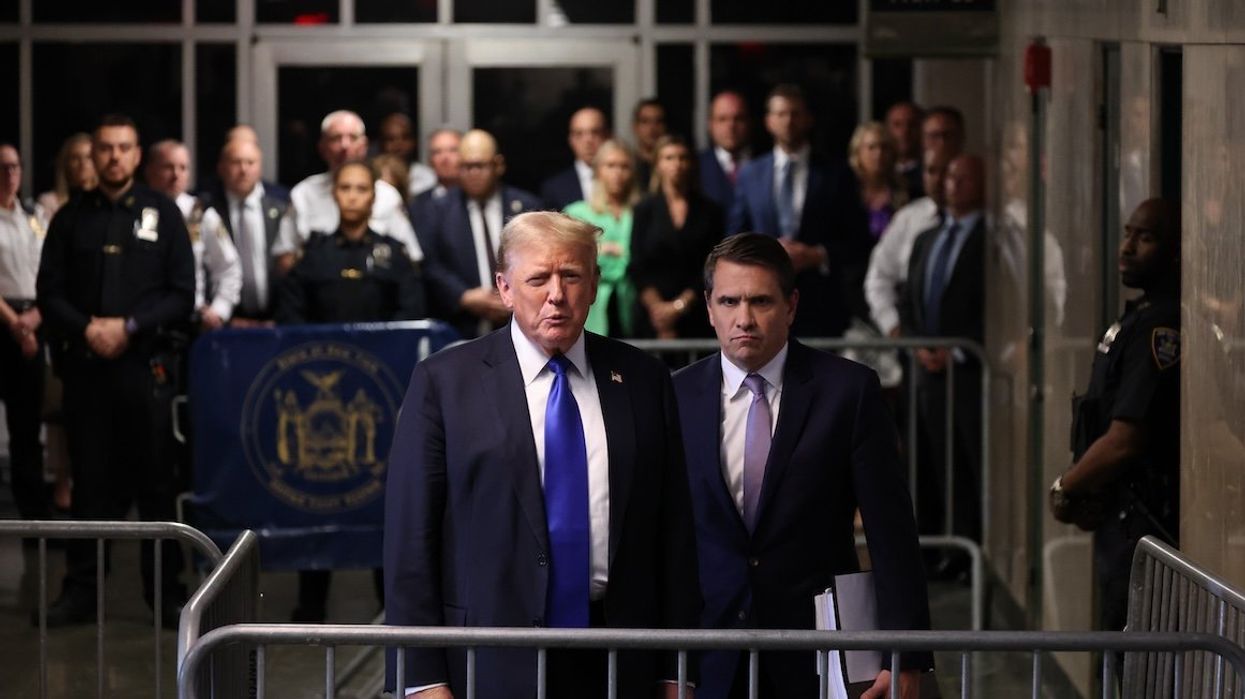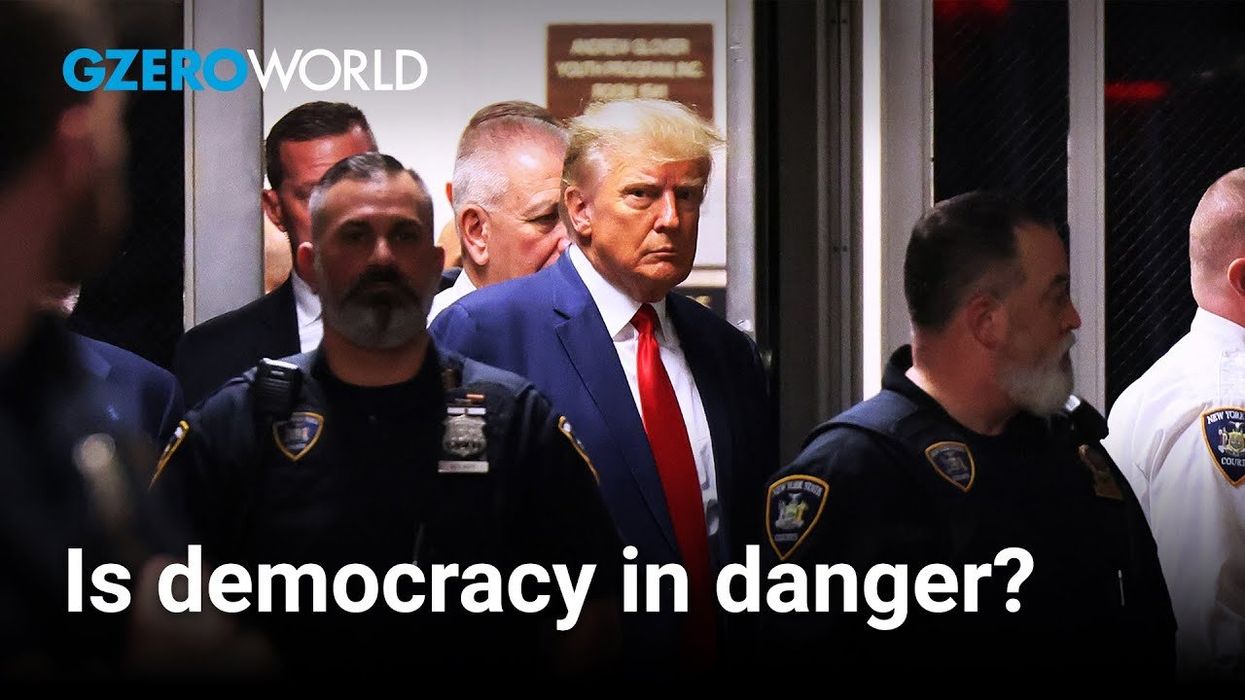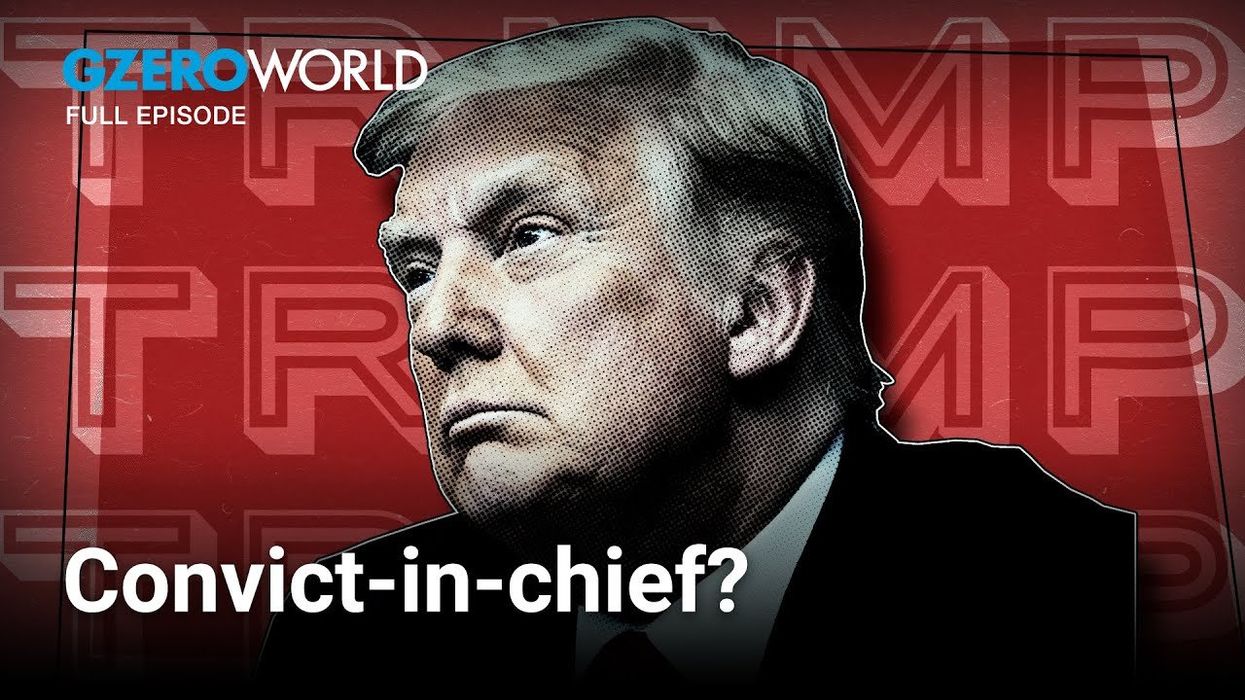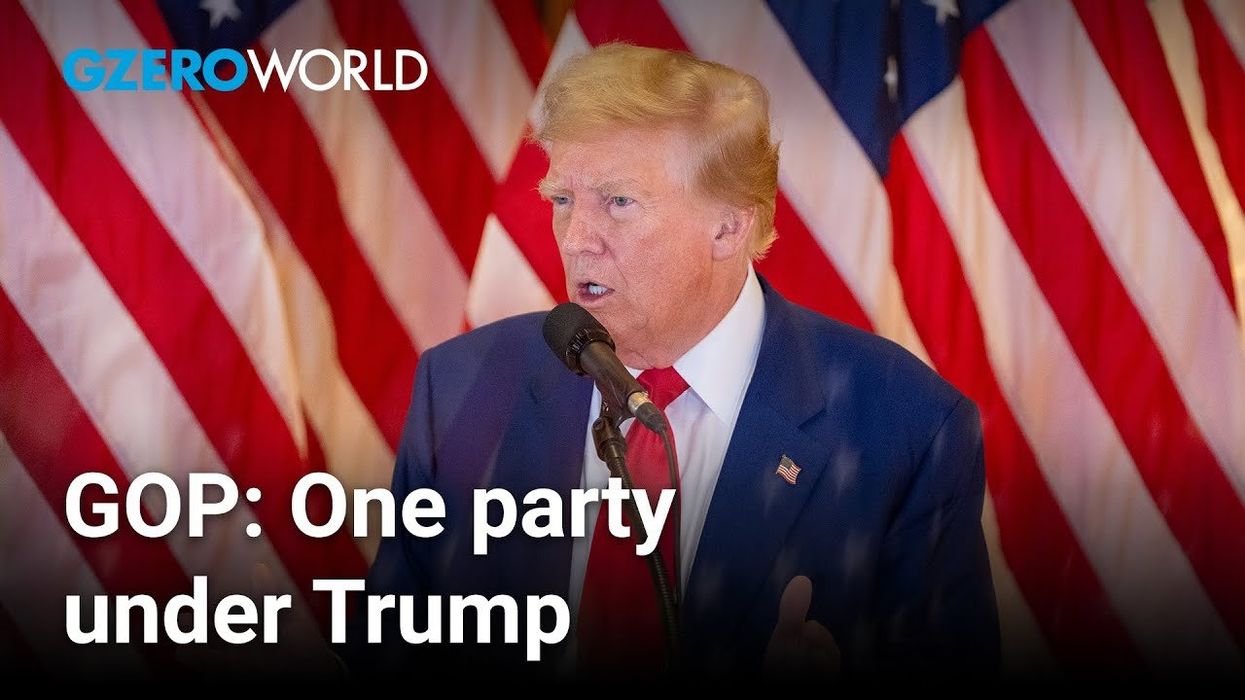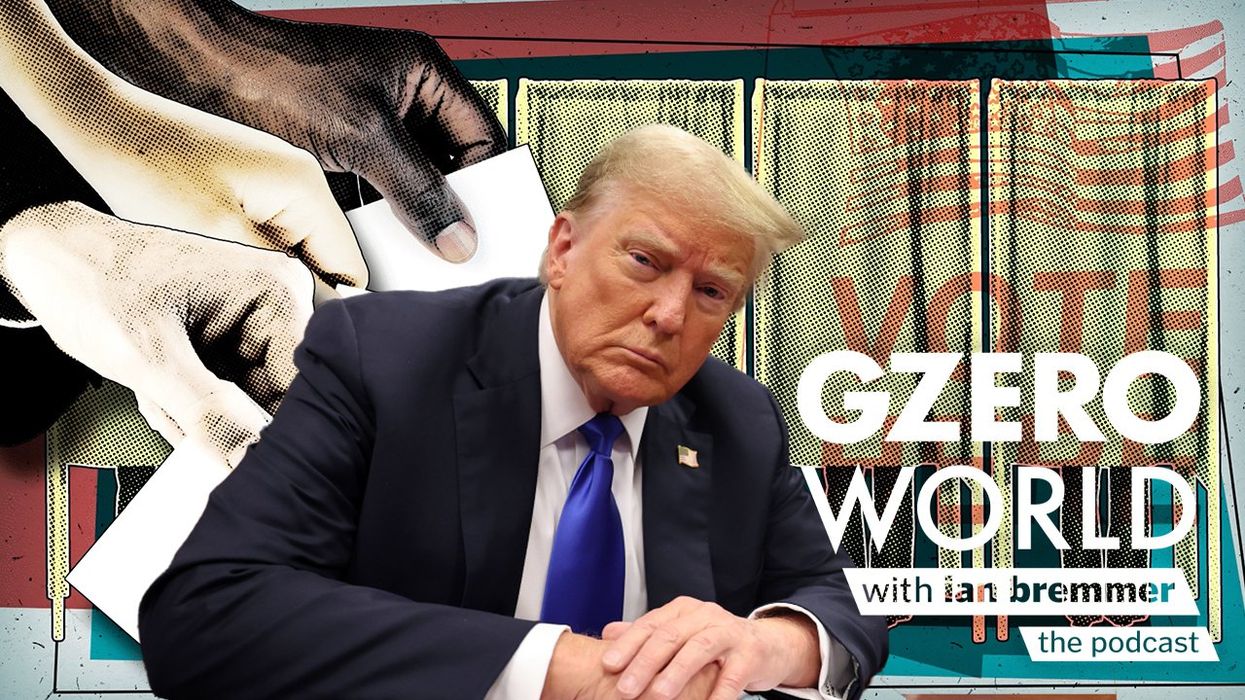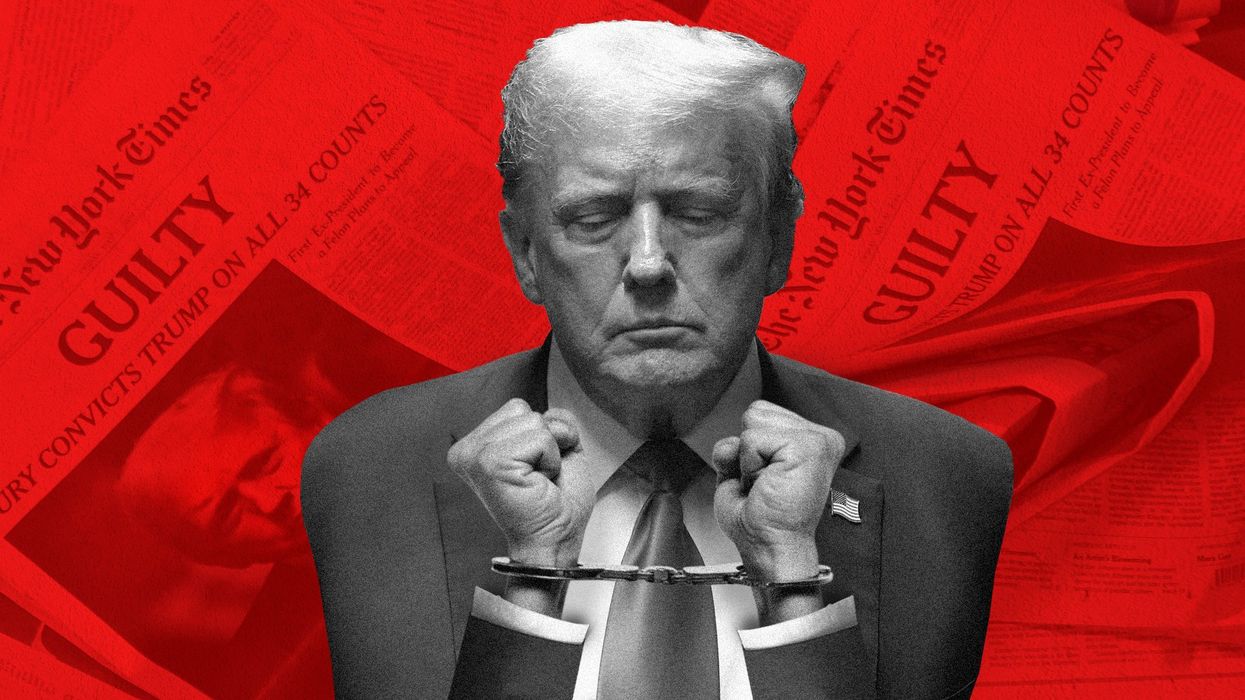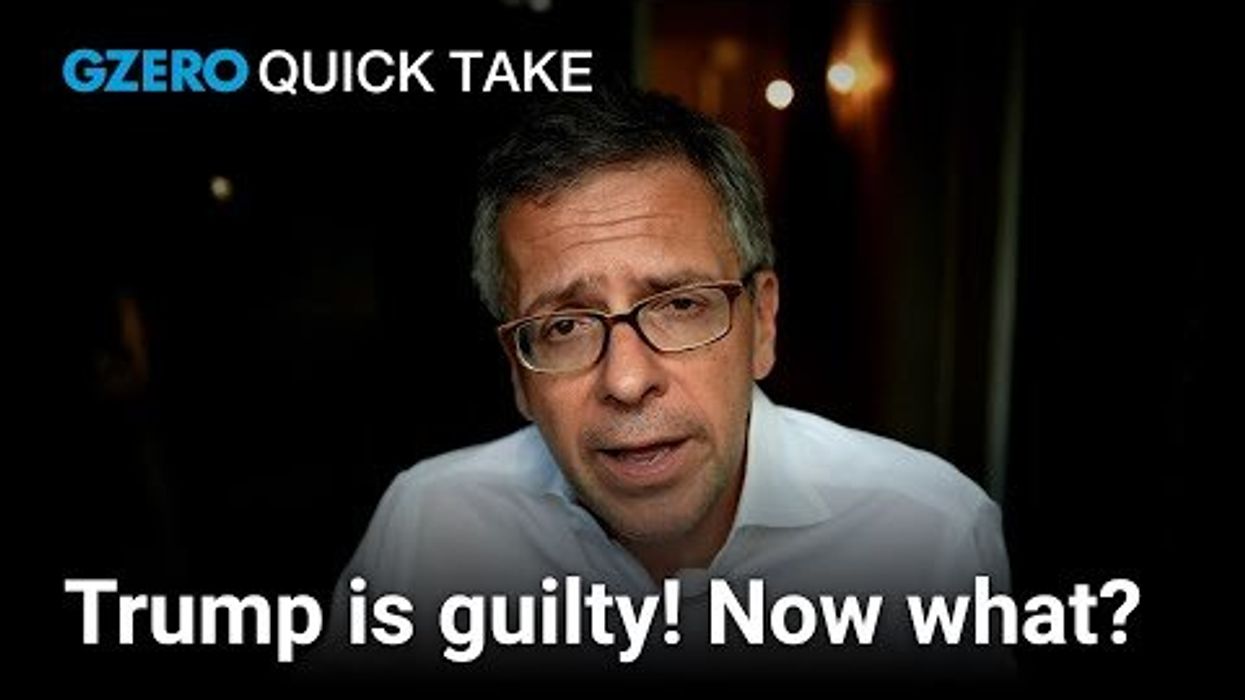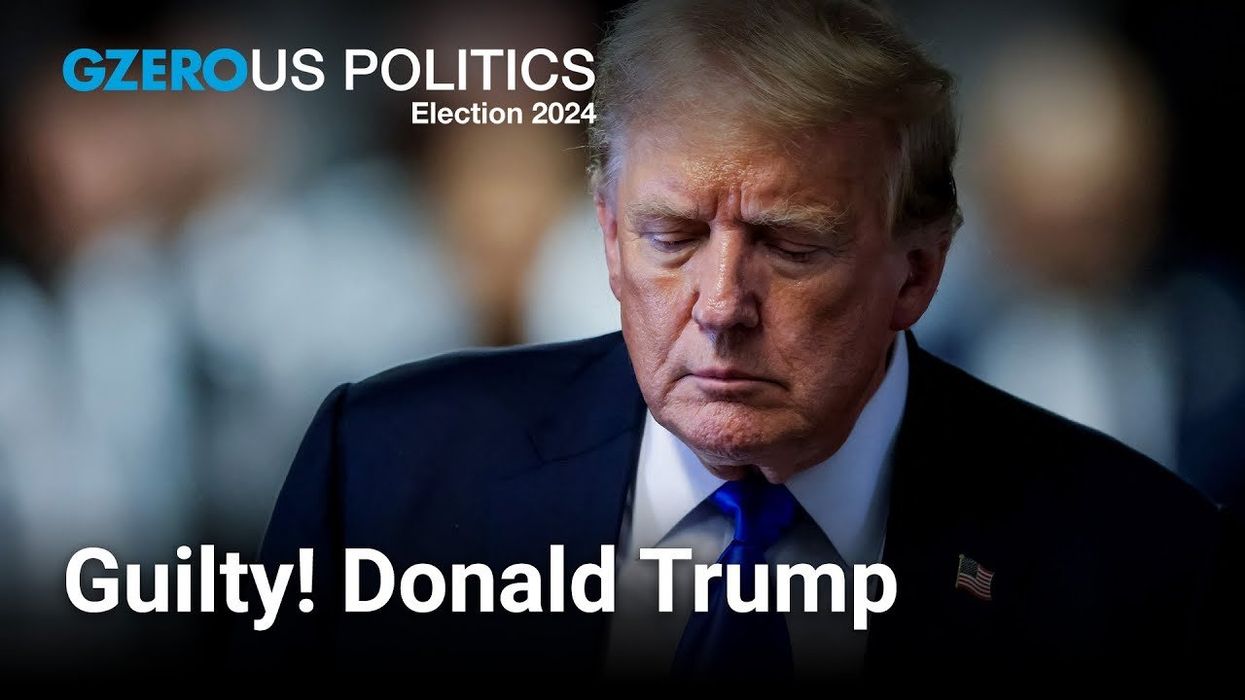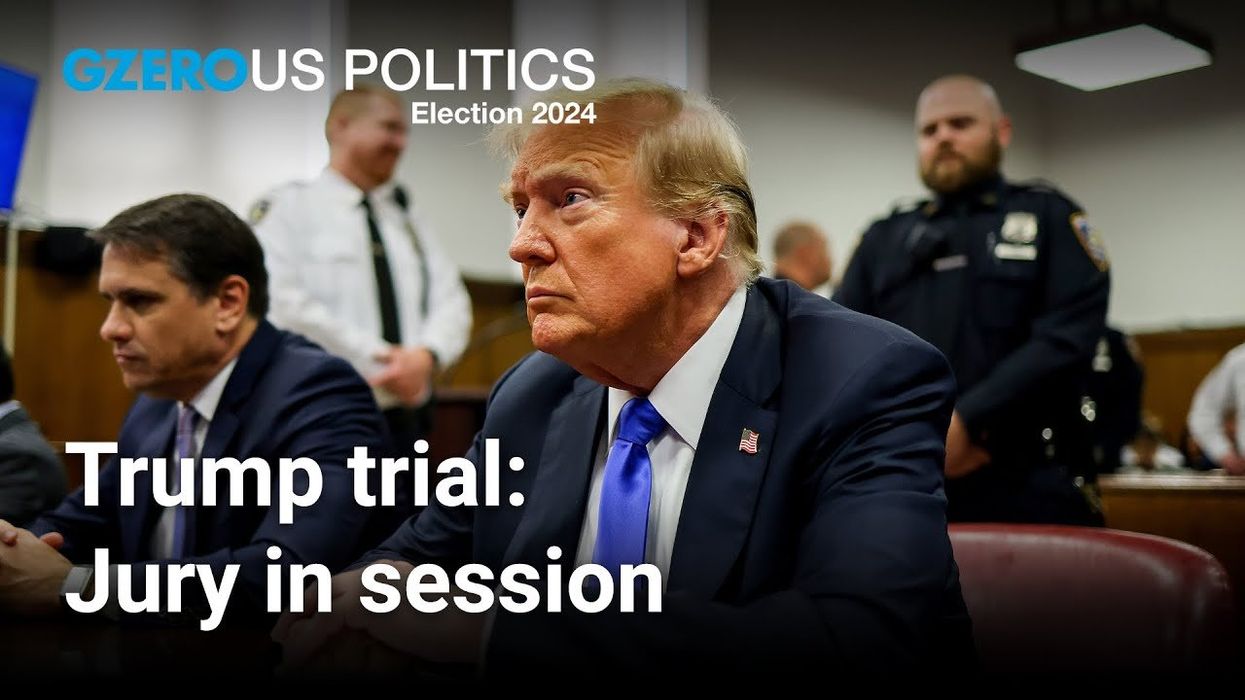What We're Watching
Trump avoids jail in hush money sentencing
President-elect Donald Trump was sentenced in his New York hush money case on Friday but received no punishment from Judge Juan M. Merchan, who issued an unconditional discharge with no jail time, probation, or fines
Jan 10, 2025

